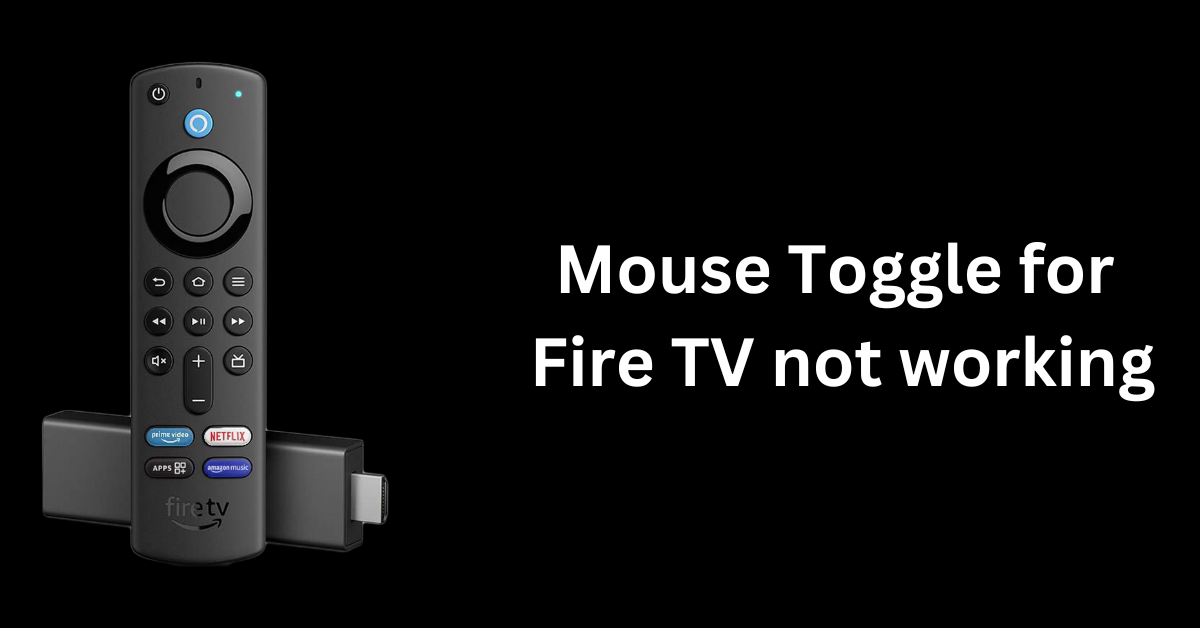What Buffer Size Should I Use On Smart IPTV?
When it comes to IPTV, there are a lot of different factors that come into play to ensure you have the best possible viewing experience. One of these factors is the buffer size you use when streaming content on your device. In this blog post, we’ll go over what buffer size is, why it’s important, and what size you should use on your Smart IPTV.
What is Buffer Size?
Before we dive into the details of buffer size for Smart IPTV, let’s first define what buffer size is. In simple terms, buffer size refers to the amount of video content that is downloaded and stored on your device before it plays. This allows for a smooth viewing experience without any buffering or stuttering.
Buffering is a common problem that can occur when streaming video content. It happens when your device can’t download and store video content fast enough to keep up with the playback speed. This results in the video pausing, buffering, and sometimes even stopping altogether.
Why is Buffer Size Important for Smart IPTV?
Smart IPTV streams live television channels and movies through the internet. The quality of the video content is dependent on the internet connection and the server’s capacity to deliver a smooth stream. The buffer is essential to provide a seamless stream. It is also used to combat buffering and ensure that you have a great viewing experience.
What Buffer Size Should You Use on Smart IPTV?
The buffer size you should use on Smart IPTV will depend on the speed of your internet connection and the device you’re using to access the content. Most Smart IPTV players come with a default buffer size of 8192 KB or 8 MB. However, you may need to adjust this depending on your internet connection and device.
If you have a good internet connection with a high bandwidth, then setting your buffer size to a higher value might not make any difference. In this case, you can stick to the default buffer size recommended by your Smart IPTV player.
On the other hand, if you have a slow or unstable internet connection, then it’s best to adjust your buffer size to a lower value. This will allow the content to download and store at a slower rate, ensuring you don’t experience buffering or interruptions in your viewing.
Conclusion
Buffer size is an important factor to consider when streaming video content on Smart IPTV. It ensures that you have a smooth viewing experience without any buffering or interruptions. The buffer size you should use will depend on your internet connection and the device you’re using. A higher buffer size can be used if you have a good internet connection and a lower one if your internet connection is slow or unstable.
To ensure you have the best possible viewing experience, take the time to adjust your buffer size settings. It may take some trial and error, but finding the right buffer size can make all the difference in your Smart IPTV experience.
Get your subscription today: best-iptv-uk.co.uk
Get your subscription today: iptv-subscription.pro











